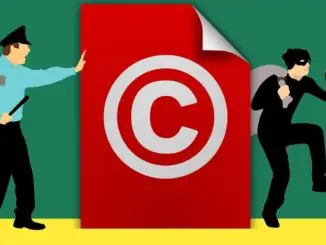President Trump signed the Music Modernization Act into law on 11th October 2018. The Orrin G. Hatch–Bob Goodlatte Music Modernization Act (to give its full title) ‘represents the realization of years of effort by a wide array of policymakers and stakeholders to update the music licensing landscape to better facilitate legal licensing of music by digital services,’ according to the U.S. Copyright Office.
The legislation aims to update music licensing and copyright law into the digital music era.
The Music Modernization Act (MMA) which has been enacted combines three pieces of legislation;
- The Music Modernization Act of 2018 original proposal which updates streaming licensing and royalties
- The CLASSICS Act (or Compensating Legacy Artists for their Songs, Service, & Important Contributions to Society Act) which ensures that songwriters and artists receive royalties on pre-1972 songs.
- The AMP Act (or Allocation for Music Producers Act) which will allow music producers to receive royalty payments
The MMA will simplify the process of collecting and distributing royalty payments to content creators with the formation of new music licensing organization, run by publishers and songwriters, that will oversee identifying a composition’s copyright owners and paying them the royalties they are due. The MMA also creates a new standard for the rate-setting court to use to determine the fair royalty rate songwriters should be paid.
The satellite and digital broadcasting services, Sirius XM and Music Choice, were vocal in their opposition to the Act as they will now be liable to pay royalties whereas broadcast radio in the US does not pay for songs. To overcome Sirius XM’s objections, the Act was amended to delay the implementation of the new rate-setting standard for several years until the next time a federal court determines the new rate for the internet radio company.
The full description of the Music Modernization Act can be found here.
The US Recording Academy summarised the benefits of the Act as follows:
For Songwriters
- Creates a new and transparent collection entity to ensure that songwriters always get paid for mechanical licenses when digital services use their work
- Lets ASCAP and BMI secure fair rates for their songwriters
- Establishes fair compensation for songwriters when the government sets rates
For Artists
- Closes the ‘pre-1972 loophole’ so that digital services will pay legacy artists the compensation they deserve
- Establishes fair compensation for artists when the government sets rates
For Studio Professionals
- Gives copyright protection to producers and engineers for the first time in history
For Fans
- Provides fans with more access to music across digital music services due to better music data sharing
The enactment of the MMA comes in the wake of the European Parliament’s recently agreed legislation on digital copyright rules which is now before the EU member states for ratification and implementation.




